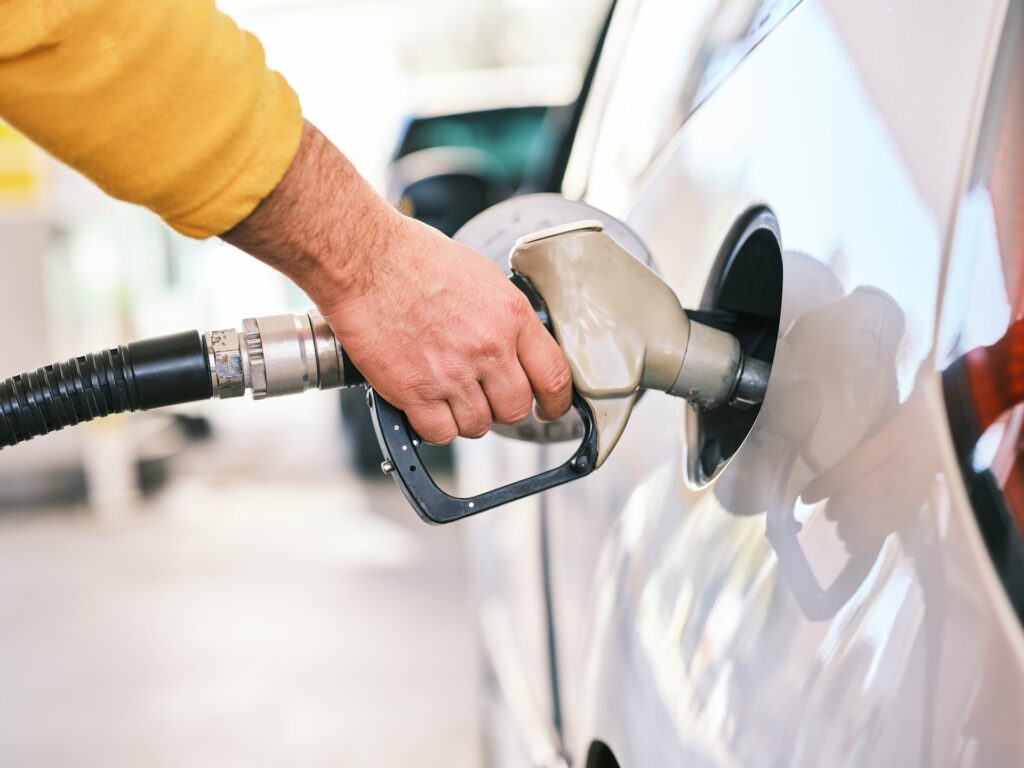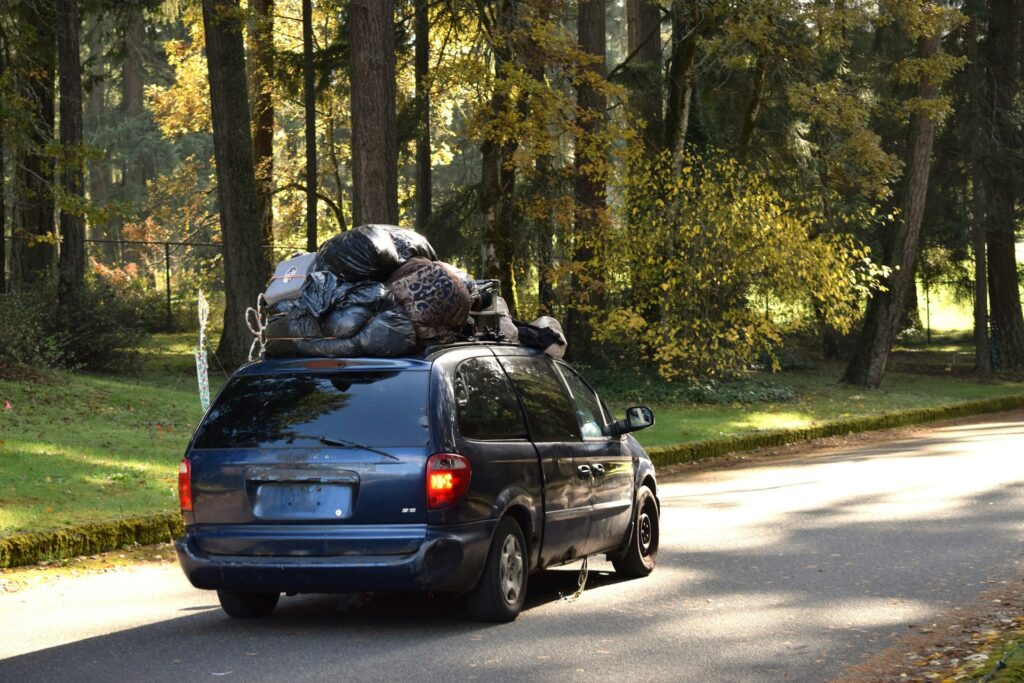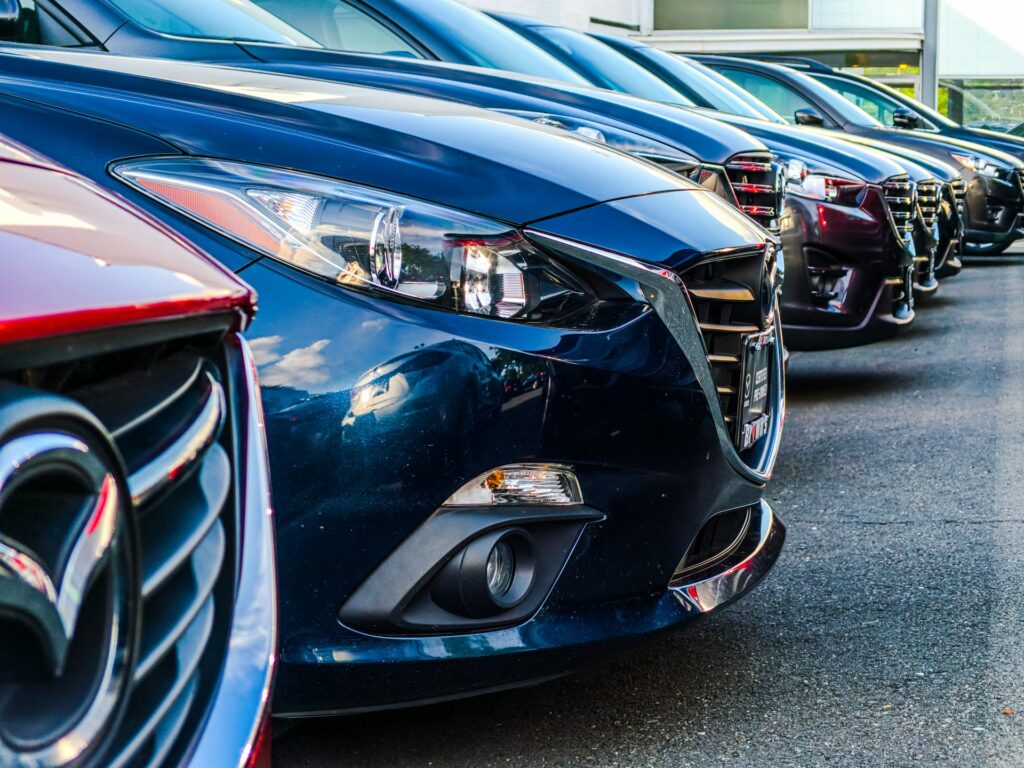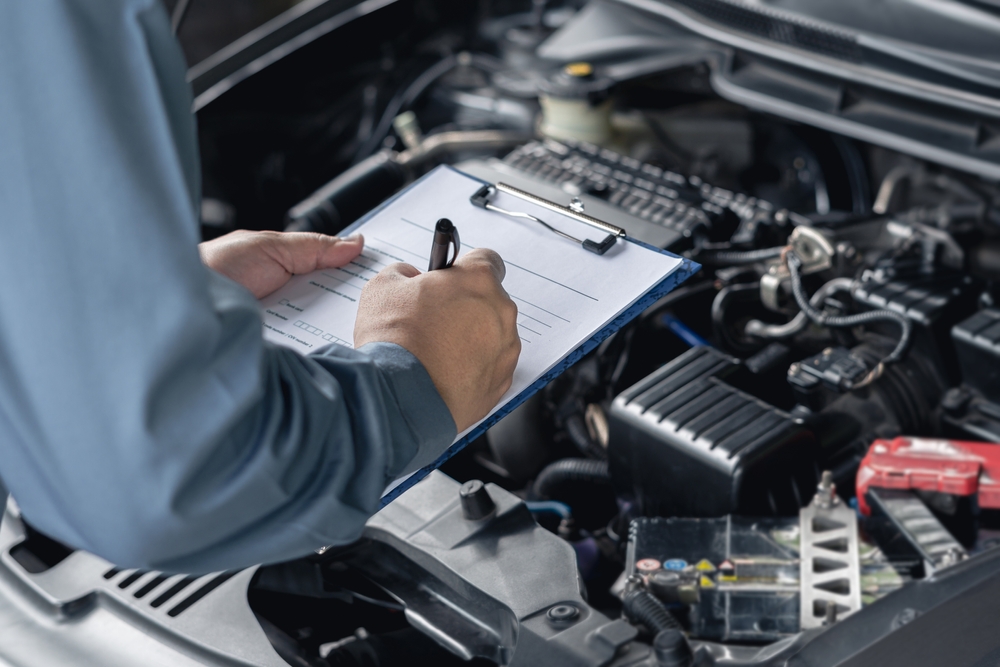Every driver wants to avoid expensive repairs, yet small habits often create big bills. Many people make car mistakes without realizing the long-term impact. These simple errors, from ignoring warning lights to skipping maintenance, slowly damage vehicles and drain wallets. By learning the most common driving errors, you can keep your car healthier and save money over time.
Skipping Regular Oil Changes
One of the biggest vehicle maintenance missteps is neglecting oil changes. Old oil loses its ability to lubricate, which stresses the engine. In severe cases, sludge builds up and causes major breakdowns. A blown head gasket can cost thousands to replace. To prevent this, follow your owner’s manual and stick to the recommended oil schedule.
Ignoring Dashboard Warning Lights
Those small lights on your dashboard matter more than many think. Ignoring them often turns a minor issue into a major repair. For instance, a check engine light might signal something as simple as a loose gas cap, but it could also warn of serious engine trouble. Acting quickly usually costs far less than waiting until the car stalls.
Using the Wrong Fuel
Putting the wrong fuel in your tank is a costly error. Petrol in a diesel engine or diesel in a petrol engine damages the fuel system. Repair bills can easily reach thousands, and most insurance policies do not cover the mistake. If this happens, do not start the engine. Call a professional to drain it safely.

Bad Clutch and Shifting Habits
Drivers of manual cars often develop bad habits without realizing the damage. Riding the clutch, or keeping light pressure on it, wears down the clutch plate quickly. Resting a hand on the gear lever may also strain the gear selector. Improper shifting, often called “money shifting,” is another common driving error. Shifting into the wrong gear or forcing the engine at low speeds stresses the gearbox. The same applies to shifting into reverse before the vehicle has fully stopped. These car mistakes may seem minor, but they damage your transmission and clutch over time. Keep both hands on the wheel and shift smoothly to protect your vehicle.
Choosing Cheap Parts or Poor DIY Fixes
Many drivers try to save money by buying low-quality parts or attempting complex repairs without enough skill. Unfortunately, cheap components often fail quickly. Unsafe DIY fixes on brakes or steering create serious risks and usually lead to larger repair bills later. Investing in quality parts and professional service may seem costly upfront, but it saves money in the long run.
Carrying Excess Weight and Roof Loads
Adding too much weight to your car causes hidden damage. Heavy loads strain suspension parts and reduce fuel efficiency. Roof racks packed with gear also increase drag, which forces your engine to work harder. Removing unnecessary items from your trunk and limiting roof loads makes your car safer and more efficient. It also cuts down on wear.

Neglecting Basic Maintenance Essentials
Fluids are the lifeblood of your car. Low coolant can lead to overheating, while neglected brake fluid reduces stopping power. Dirty air or cabin filters also affect performance and comfort. Replacing a filter costs little compared to repairing a damaged engine. Tires deserve equal care. Underinflated tires wear unevenly, reduce fuel efficiency, and increase blowout risks. Poor alignment makes steering less precise and forces tires to wear out faster. By checking fluids, replacing filters, and monitoring tire pressure, you protect your car and avoid costly repairs.
Overlooking Ownership Costs When Buying
Many buyers focus only on the sticker price, but true costs go beyond that. Insurance, taxes, fuel, and maintenance add up quickly. For example, insurance rates have climbed in recent years, often surprising new car owners. A smart buyer considers monthly ownership costs, not just the purchase price. Budgeting realistically helps you avoid future financial stress.

Falling for Used Car Tricks
Used cars can save money, but they also come with risks. One of the worst is odometer fraud, where sellers roll back mileage to make a car look newer. Buyers lose billions each year due to this scam. Protect yourself by checking service records, inspecting wear and tear, and getting a professional evaluation before purchase.
The Bottom Line
Small habits make a big difference in car ownership. Skipping oil changes, ignoring dashboard lights, and other car mistakes all drain your wallet. Instead, pay attention to warning signs, use the right parts, and keep your car light and efficient. Staying ahead of maintenance prevents breakdowns and makes driving safer. In the end, avoiding common driving errors helps both your car and your bank account last longer.
Disclaimer: This article was created with AI assistance and edited by a human for accuracy and clarity.

